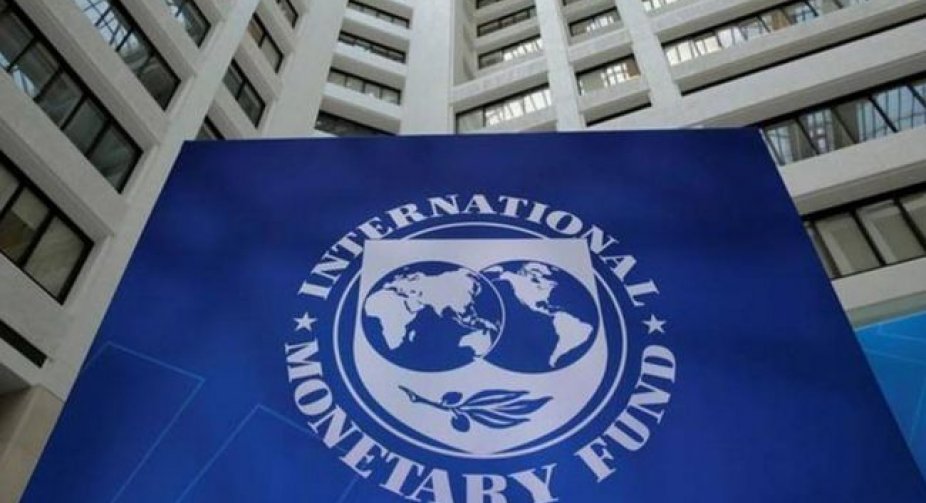The Russian invasion of Ukraine, which began more than seven months ago, has resulted in heavy casualties, massive population displacement and significant infrastructure damage.
This was announced by the IMF.
"The impact on economic activity was enormous: real GDP fell sharply, inflation rose sharply, trade was severely disrupted, and the budget deficit rose to unprecedented levels," the report said.
According to the IMF, immediately after the invasion, the authorities quickly adapted monetary and exchange rate policies to maintain financial and exchange rate stability. More recently, to compensate for the significant loss of international reserves, exchange rate devaluations have been implemented, which has helped to stabilize foreign exchange reserves and maintain overall macroeconomic and financial stability.
Fiscal policy is focused on priority defense spending, social benefits, humanitarian needs and, where possible, some repair of critical infrastructure, the IMF said.
"Uncertainty about the size of financing needs remains extremely high and depends heavily on the duration and intensity of the war, and economic risks loom large, including potential additional damage to critical infrastructure or new disruptions in the agricultural and energy sectors," - the message says. in the message.
It will be recalled that the IMF predicts that the economy of Ukraine will shrink by 35% in 2022. The fund does not yet make forecasts for 2023.






